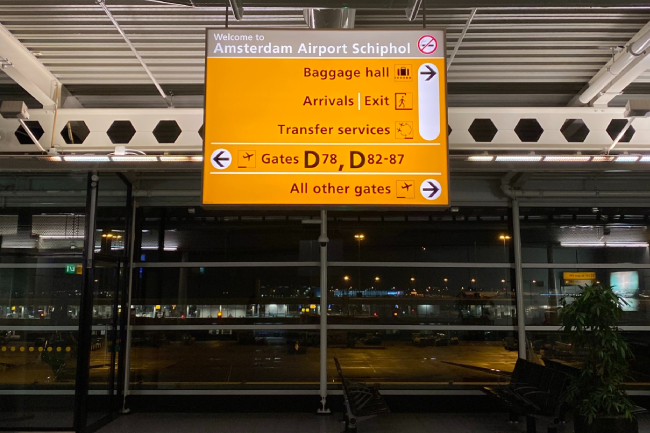If VU Amsterdam wishes to attract international students, she should take better care of them, according to the works council.
If international students and staff are required to learn Dutch in the future, should VU provide language courses? And shouldn’t VU ensure that all international students, not just first-year students, are provided with accommodation? These topics were up for discussion during the meeting between the works council and the university student council last week.
The trigger for this discussion was a letter from Minister of Education Dijkgraaf back in April, in which he stated – among other things – that Dutch should become the mandatory language in Dutch education. He is also exploring means to limit the number of international students due to the pressure they place on the housing market.
Last week, president of the Executive Board Mirjam van Praag stated in response to the ministerial letter that international students are ‘incredibly welcome’ at VU. However, some members of the works council believe that this implies an obligation for VU to better serve these students so that they do not have to “sleep like a homeless person on a bench”, as one of them put it.
Glocalization
However, there are also works council members who believe that VU should abandon her international ambitions. “A few years ago, VU even wanted to be a Harvard on the Amstel, which was completely absurd,” one of them said. According to him, VU should focus more on the region of North Holland and be a university for Dutch people, “with the emancipatory role that VU has attributed to itself since its establishment.”
Nevertheless, even a regional university should consider the international context, another works council member stated. “The one does not exclude the other, and when it comes to issues such as biodiversity and climate change, international collaboration is indispensable”, she said. According to her, the term “glocalization” should be used more frequently, emphasizing the importance of the local within an international context.
